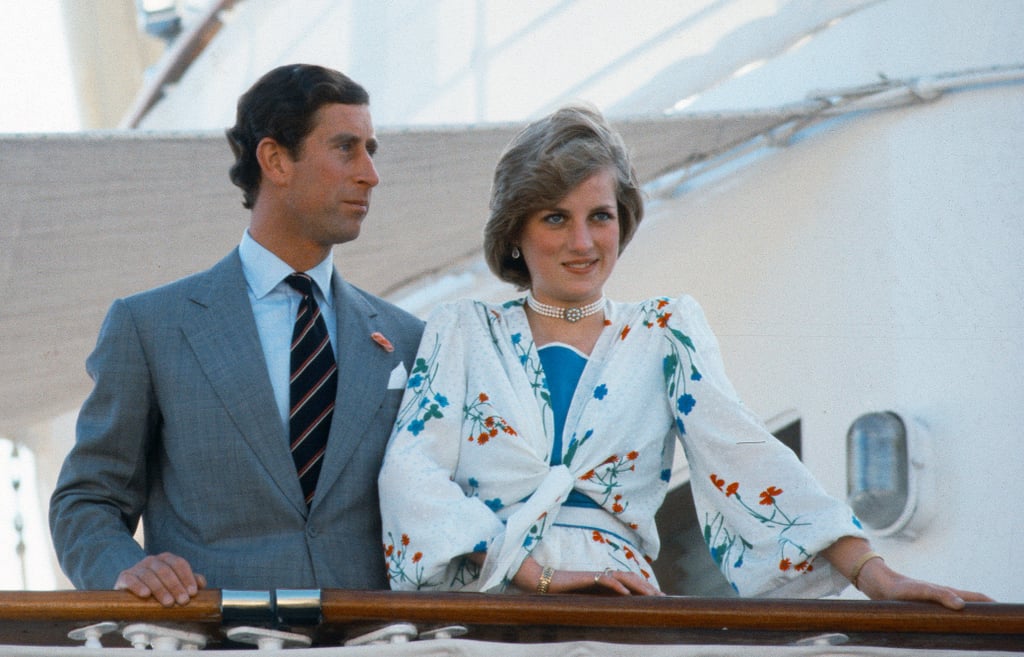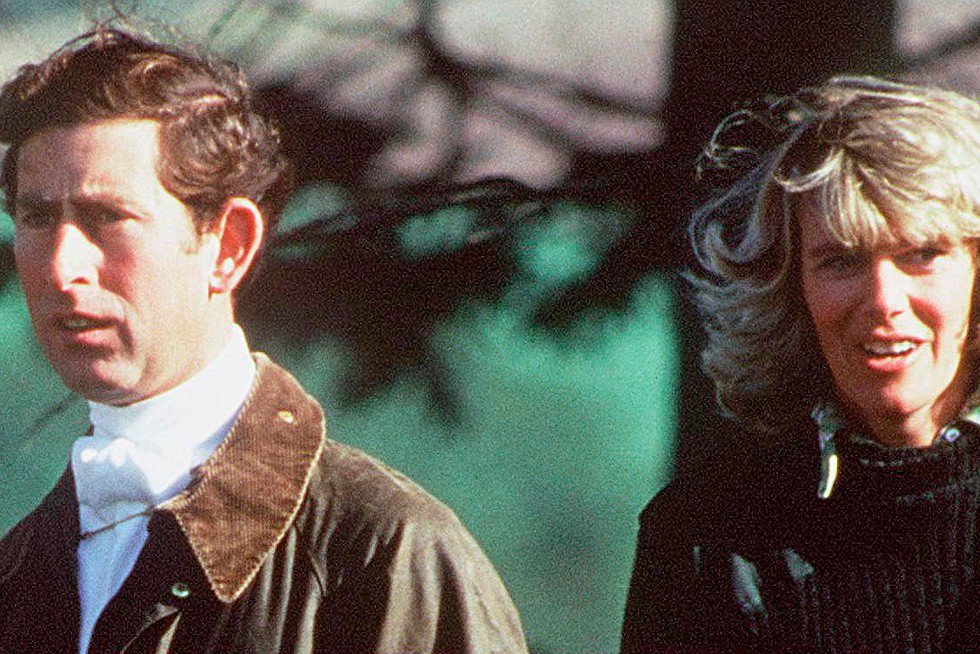British Royal Family Scandals: Unveiling The Controversies That Shook The Monarchy
The British Royal Family, a symbol of tradition and heritage, has also been entangled in numerous scandals throughout history. These controversies have not only captured global attention but have also shaped public perception of the monarchy. From marital disputes to financial mismanagement, the scandals surrounding the royal family have left an indelible mark on its legacy.
Despite being one of the most revered institutions in the world, the British Royal Family has faced its fair share of challenges. The scandals that have emerged over the years have often tested the resilience of the monarchy and its ability to adapt to modern times. These controversies have been a subject of fascination for historians, journalists, and the general public alike.
In this article, we delve deep into the most significant British Royal Family scandals, exploring the events, the individuals involved, and the lasting impact on the monarchy. By understanding these controversies, we can gain a better appreciation of the complexities surrounding the royal family and its role in contemporary society.
Read also:M Beadle A Comprehensive Guide To Understanding His Life Career And Achievements
Table of Contents
- Biography of Key Figures
- Marriage Scandals
- Financial Controversies
- Royal Misconduct
- Media Impact on Scandals
- Public Reaction and Perception
- Legal Implications
- Scandals in Modern Times
- Reputation Management Strategies
- Future Outlook for the Monarchy
Biography of Key Figures
The British Royal Family comprises several key figures whose actions and decisions have often led to scandals. Below is a brief overview of some of the most prominent members involved in controversies:
Biographical Information
| Name | Role | Birth Date | Notable Controversies |
|---|---|---|---|
| Prince Charles | Prince of Wales | November 14, 1948 | Divorce from Princess Diana, Camilla Parker Bowles relationship |
| Princess Diana | Princess of Wales | July 1, 1961 | Marital struggles, media scrutiny, tragic death |
| Prince Harry | Duke of Sussex | September 15, 1984 | Step Back from Royal Duties, Meghan Markle's media battles |
| Princess Margaret | Countess of Snowdon | August 21, 1930 | Divorce from Antony Armstrong-Jones |
Marriage Scandals: The Royal Family's Troubled Love Stories
One of the recurring themes in British Royal Family scandals is the tumultuous nature of royal marriages. From high-profile divorces to extramarital affairs, these scandals have dominated headlines for decades.
Key Marriage Controversies
- Princess Margaret and Antony Armstrong-Jones: The first royal divorce in over a century sent shockwaves through the monarchy in 1978.
- Prince Charles and Princess Diana: Their highly publicized separation in 1996 was a defining moment in royal history.
- Prince Andrew and Sarah Ferguson: Their divorce in 1996 was another example of marital struggles within the royal family.
These scandals not only highlighted personal issues but also raised questions about the institution of monarchy and its ability to adapt to modern relationships.
Financial Controversies: Mismanagement and Allegations
The British Royal Family has also faced scrutiny over financial matters. Allegations of mismanagement and lavish spending have fueled public debate about the role of the monarchy in modern society.
Notable Financial Scandals
- Sale of Royal Assets: In the 1990s, the sale of royal assets sparked public outrage.
- Prince Andrew's Business Ties: His association with controversial figures has drawn criticism and legal scrutiny.
These controversies have led to increased calls for transparency and accountability in royal finances.
Royal Misconduct: Actions That Shook the Throne
Instances of royal misconduct have also contributed to the scandals surrounding the British Royal Family. From inappropriate behavior to questionable associations, these actions have tested the family's reputation.
Read also:Halloween Barbie Costume A Comprehensive Guide To Glamorous And Spooky Looks
For example, Prince Harry's past behavior, including partying and controversial photographs, drew significant media attention before his marriage to Meghan Markle.
Media Impact on Scandals
The media has played a pivotal role in shaping public perception of British Royal Family scandals. Sensationalized coverage and invasive journalism have often exacerbated controversies.
Impact on Key Figures
- Princess Diana: Her tragic death in 1997 was linked to relentless media pursuit.
- Meghan Markle: Her experiences with media scrutiny have been a focal point of modern royal scandals.
Understanding the media's role is crucial in comprehending the full scope of these scandals.
Public Reaction and Perception
Public reaction to British Royal Family scandals has varied over the years. While some view these controversies as a reflection of human fallibility, others question the relevance of the monarchy in modern times.
Changing Public Opinion
- Support for Tradition: Many people remain loyal to the monarchy, viewing it as a symbol of stability.
- Criticism of Privilege: Others argue that the monarchy represents outdated privilege and inequality.
These differing perspectives highlight the complexities surrounding the royal family's scandals.
Legal Implications: Navigating Scandals in the Legal Realm
Some British Royal Family scandals have had legal ramifications, raising questions about accountability and responsibility.
Legal Challenges
- Prince Andrew's Legal Battles: His involvement in legal proceedings has drawn widespread attention.
- Privacy Lawsuits: The royal family has pursued legal action against media outlets for invasion of privacy.
These legal issues underscore the challenges faced by the monarchy in maintaining its image and integrity.
Scandals in Modern Times: The Harry and Meghan Era
The modern era has seen new scandals emerge, particularly with the departure of Prince Harry and Meghan Markle from royal duties. Their decision to step back from the monarchy sparked intense media scrutiny and public debate.
The couple's candid interviews and accusations of institutional racism within the royal family have further fueled controversy.
Reputation Management Strategies
In response to scandals, the British Royal Family has implemented various reputation management strategies. These include:
- Public Statements: Issuing official responses to address controversies.
- Media Engagement: Utilizing interviews and press releases to shape narratives.
- Charitable Work: Highlighting positive contributions to society.
These efforts aim to rebuild trust and restore the monarchy's image.
Future Outlook for the Monarchy
As the British Royal Family continues to navigate scandals, its future remains uncertain. The monarchy must adapt to changing societal norms and address ongoing challenges to remain relevant in modern times.
Key areas for focus include:
- Increased Transparency: Providing greater insight into royal finances and decision-making.
- Engagement with Diverse Audiences: Building connections with younger and more diverse populations.
By addressing these issues, the monarchy can ensure its continued relevance in the years to come.
Conclusion
The scandals surrounding the British Royal Family have played a significant role in shaping its history and public perception. From marriage controversies to financial mismanagement, these scandals have tested the resilience of the monarchy and its ability to adapt to modern times.
As the royal family continues to navigate these challenges, it is essential for them to engage in transparent communication and proactive reputation management. We invite you to share your thoughts and opinions in the comments section below. Additionally, feel free to explore other articles on our website for more insights into the world of royalty and beyond.
References:
- Smith, J. (2020). "The Royal Scandals: A Historical Perspective." Journal of Monarchial Studies.
- Johnson, L. (2019). "Media and the Monarchy: A Critical Analysis." Cambridge University Press.
- Brown, R. (2021). "Legal Challenges Facing the British Royal Family." Oxford Review of Law and Politics.


